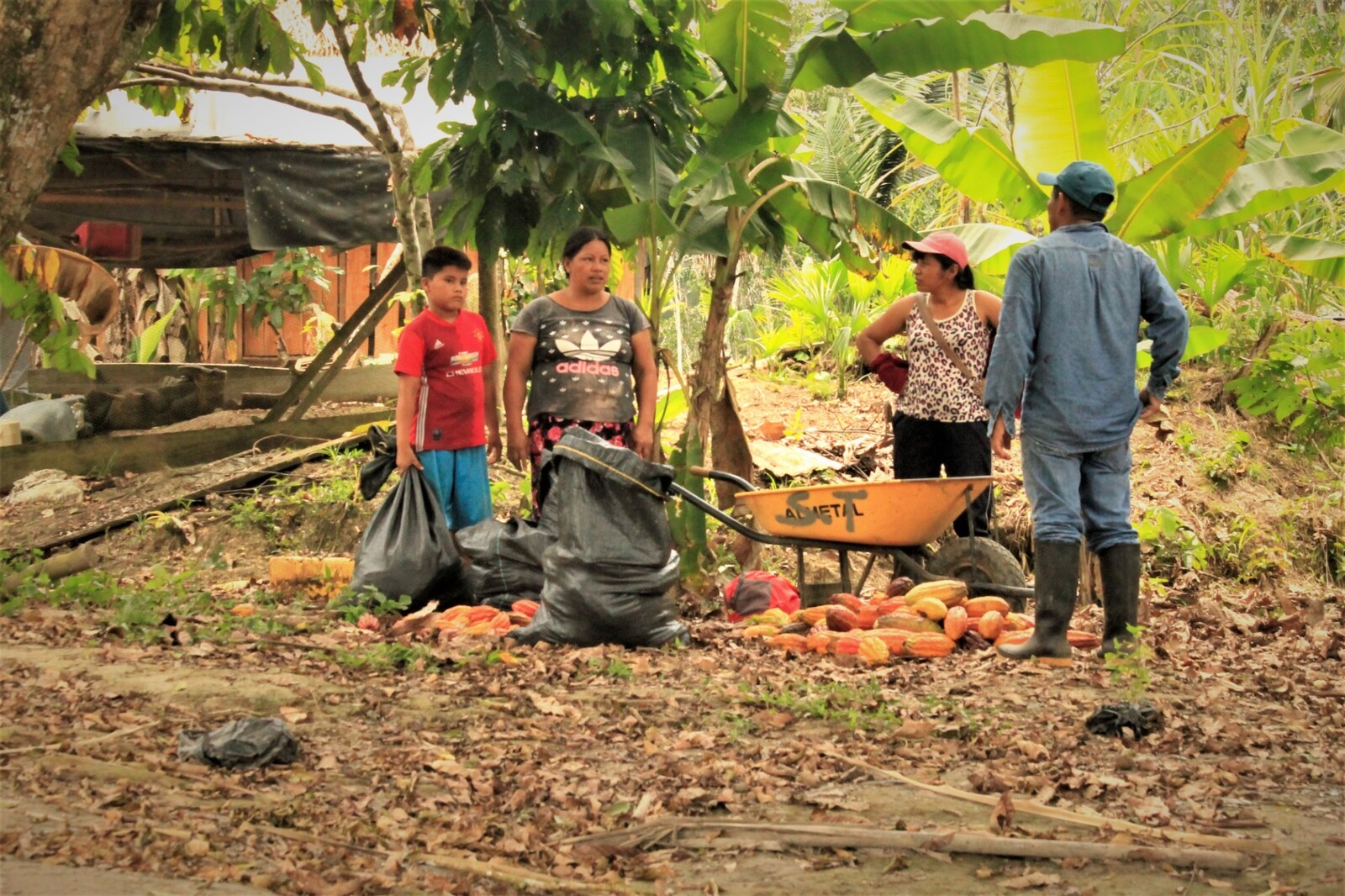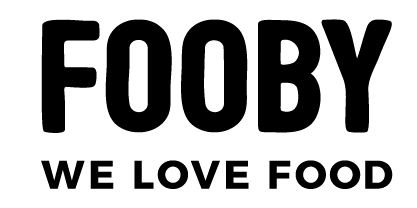Hostile tribes sitting at the same table and eating lunch together? The association Cuisine sans frontières makes exactly that possible. Anna Hofmann is the director and says "eating together is central for me". This is all the more important in crisis situations - and even more so in times of war, as is currently the case in Ukraine. Cuisine sans frontières therefore works with Adi Hadean, a Romanian cook and restaurateur. He cooks for the thousands of refugees, especially women and children, who arrive in Romania every day. Anyone who would like to contribute to this can do so here. The city talk here in the episode gives an additional, in-depth insight into the work of Cuisine sans frontières.
"Women often play an important role in social cohesion"
Anna Hofmann, you are the Executive Director of Cuisine sans frontières. What do you do every day?
My work as Executive Director of Cuisine sans frontières is enormously varied. From direct exchanges with the people in our projects around the world, to talking to volunteers here in Switzerland, to planning and implementing activities to raise money for our commitments - there is a lot to do! Cuisine sans frontières has been growing constantly since its founding in 2005, reaching more and more people. We initiate many of these contacts at the office in Zurich, thus spanning our network in Switzerland and around the world.
Why do you do what you do?
Food, and especially the social aspect and the importance of (communal) eating, have been central to me for as long as I can remember. Our core mission revolves around exactly that: fostering community at the dinner table. So the logical consequence is that with Cuisine sans frontières I work to make this possible again where a conflict or crisis situation has prevented this coming together.
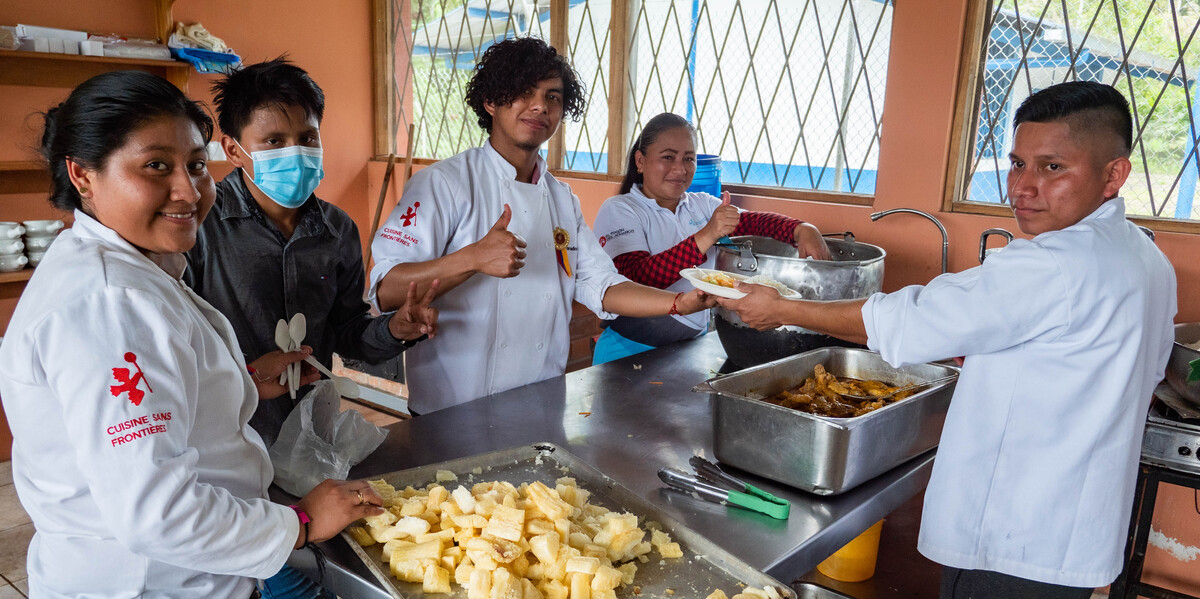
You support people in crisis areas or social conflict situations. What is difficult and what do you enjoy about this work?
A great joy is the exchange with people all over the world and together - we always work with local partner organisations for the implementation on the ground - to achieve something, to improve a situation. Sometimes these improvements are quite obvious and make you very happy directly, sometimes they are much more subtle and provide a good basic feeling in what we are doing. There are always challenges in our areas of operation, but otherwise we wouldn't be engaged there. A challenging task in project development is to find a partner organisation with whom the cooperation works well, with whom we share our values and the goals of the project.
What roles do women play in these projects?
In our projects we often work with women, because in many communities they play an important role in social cohesion. So if we want to work for that, we have to work with women. Accordingly, I see an important role for them - but for a functioning community it needs the inclusion of all: women, men, children.
Can you give us a concrete project where the focus is on women?
In recent years, we have launched two projects that are primarily aimed at women. One is the Soufra Cafeteria in a refugee camp in Lebanon, the other is the Foyer FAMA in Burkina Faso, which offers displaced women and their children a safe place and a communal kitchen as a work opportunity. These projects meet with great interest locally, but also among the people here in Switzerland. This shows that we are responding to a great need - after all, women and children are often left behind unprotected in conflict situations.
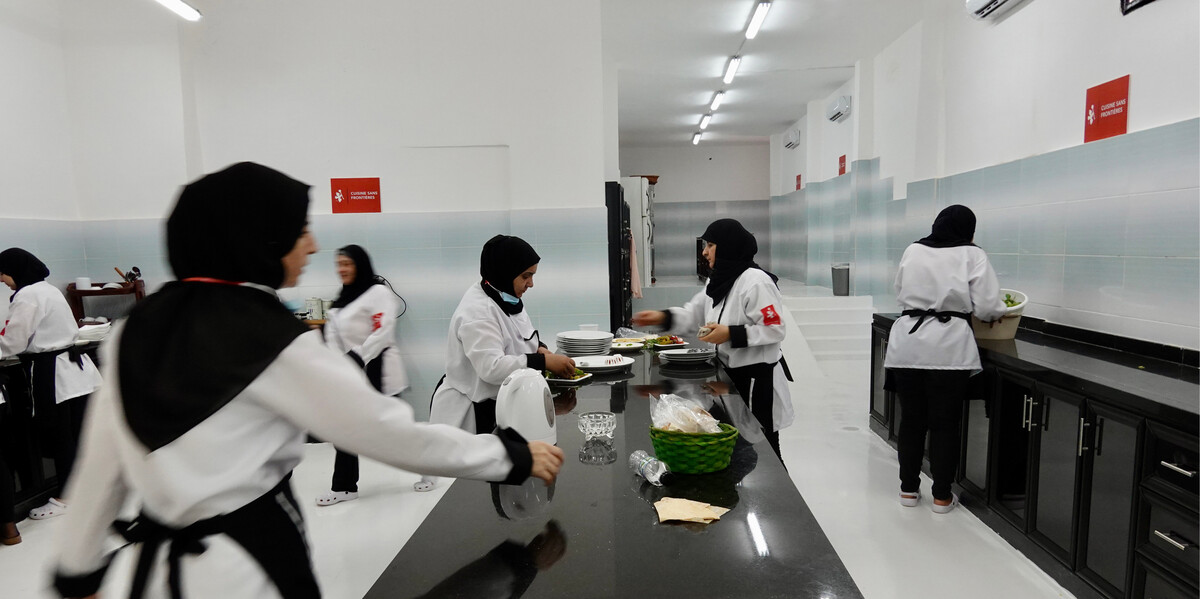
For another project, you brought young restaurateurs from the Amazon region in Ecuador to Basel. Please tell us about it!
At our training project El Fogon in Ecuador, the second course of our twelve-month training programme for gastronomy and tourism is already starting. The students are young indigenous people from the Amazon region in Ecuador. Drilling for oil is destroying the rainforest and thus their livelihood. At the same time, the region offers enormous potential for ecological tourism. This is where we start and train 25 students every year. In cooperation with an Ecuadorian university, so that the diplomas are also recognised by the state. Last year, the two best students from the first course were able to complete an internship in Switzerland at the Hotel Les Trois Rois in Basel. That was a unique experience for the two and a great pleasure for us to have such a great network that makes such an assignment possible.
How has the project developed?
The Choco Samona project came into being as part of our commitment in Ecuador: We accompanied the farmers of the Samona Yuturi cooperative in producing a tree-to-bar chocolate - in the middle of the Amazon! This chocolate turned out really great and you can buy it in Zurich in the BachserMärt, in the Schwarzenbach chocolate shop and in Changemaker or order it from gebana's crowd projects.
Do you also support projects in Switzerland? After all, gastronomy also suffered here during the Corona crisis...
In the context of the Corona crisis, we launched the Stamm:Tisch scholarship for courageous restaurateurs last year - also thanks to the generous support of the two scholarship donors Martin Hofer and Senn Resources AG. In this way, we support a catering business that contributes to social cohesion in a peripheral area of Switzerland with an innovative concept. The winner of this first scholarship is Alice Huber, who runs the Garni Bar Post in Castasegna in Bergell - the most peripheral bar in Switzerland! Alice Huber is a remarkable woman and working with her is very motivating.
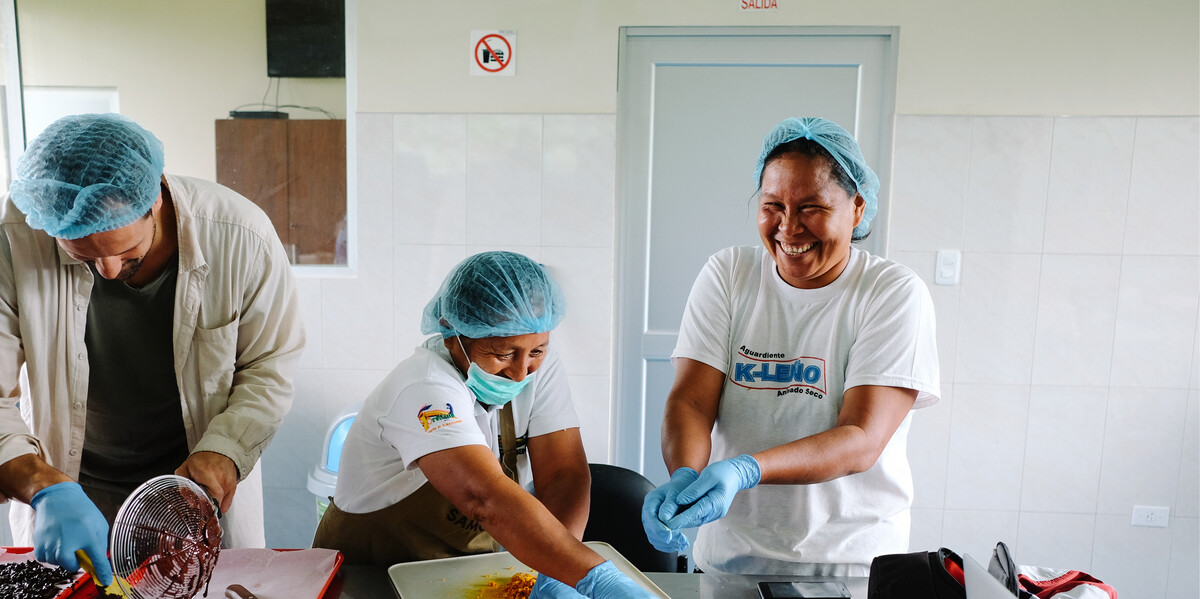
You are sitting here in Zurich and helping people in Lebanon to set up a cafeteria, for example. What is it like to work in this wealthy city?
I feel very privileged to have grown up in Switzerland and to be able to live here - this privilege cannot be taken for granted and is not something I earn. That's why I want to use it to contribute to making life as liveable as possible for as many people in the world as possible - regardless of where they were born and where they live.
How exciting do you find the Zurich food scene?
Since we organise our charity event, the Kitchen Battle, in Zurich every year, we naturally follow closely what is happening in the food scene, especially among restaurants. So far, we have always managed to find new and exciting team combinations for the Kitchen Battles - so I would say something is happening and that is exciting!
What is the project that is close to your heart that you would like to realise at Cuisine sans frontières in the next five years?
In the past few years, we have redesigned and built up various projects and gained valuable experience on what works well and what not so much. In the coming years, we would like to use these experiences to implement the successful concepts again in comparable contexts - for example, our peace project, the Calabash community restaurant in Orwa (Kenya), which is run and frequented by people from formerly hostile tribes. Or the cafeteria in the refugee camp in Lebanon, which is an important and safe meeting place for women but also an employer for them.
Info Box
Anna Hofmann (40) is the Managing Director of Cuisine sans frontières (Csf). She studied journalism and communication in Winterthur. She came into contact with Csf in 2007 when she started to support the association pro bono together with her employer at the time. In 2010, the Csf board was expanded from three to five people, and the following year Anna Hofmann was asked if she wanted to take over the management - she did! The workload of a few hours a month has turned into a full-time job, and the office team now consists of three people.

